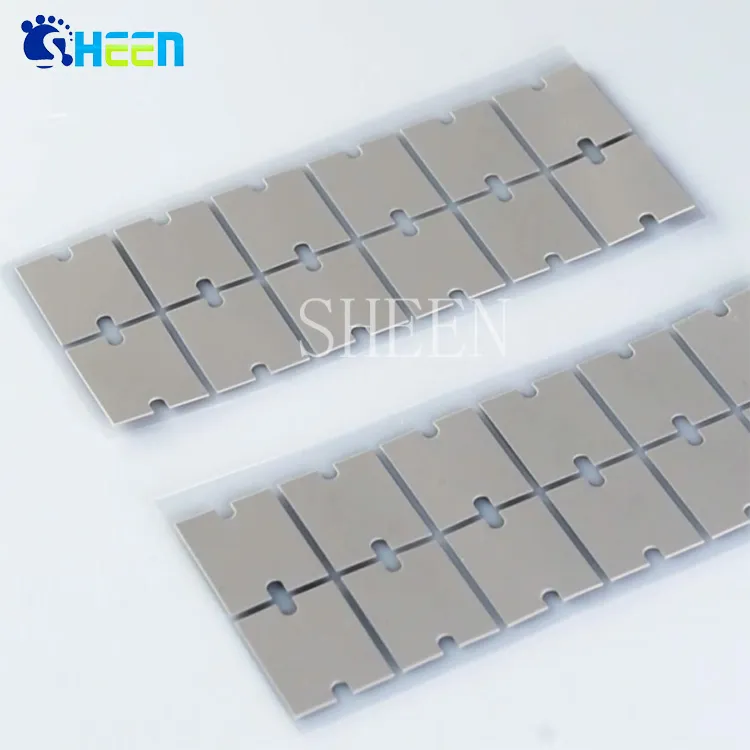The thinner the thickness of most thermal pad, the lower the tensile strength, and the easier it is for the thermally conductive gaskets to be torn due to external forces. Such external forces are common in life and work, such as transportation and work. Process, storage process, etc., so in order to increase the tensile strength and stability of the thermal pad, it needs to be reinforced with glass fiber, so that the toughness of the thermal pad is improved.

Glass fiber is a non-metallic inorganic material with excellent performance. It has excellent chemical resistance, acid corrosion resistance, etc., so it can improve the stability of the thermal pad. However, there is also a problem. The glass fiber reinforcement of the thermal pad needs to add a layer of glass fiber in the production process, so its thermal resistance will be increased, and its thermal conductivity will be reduced. Therefore, customers should according to their own product application environment and heat dissipation. Need to consider whether it is necessary to bring glass fiber.

 English
English
 usheenthermal
usheenthermal



